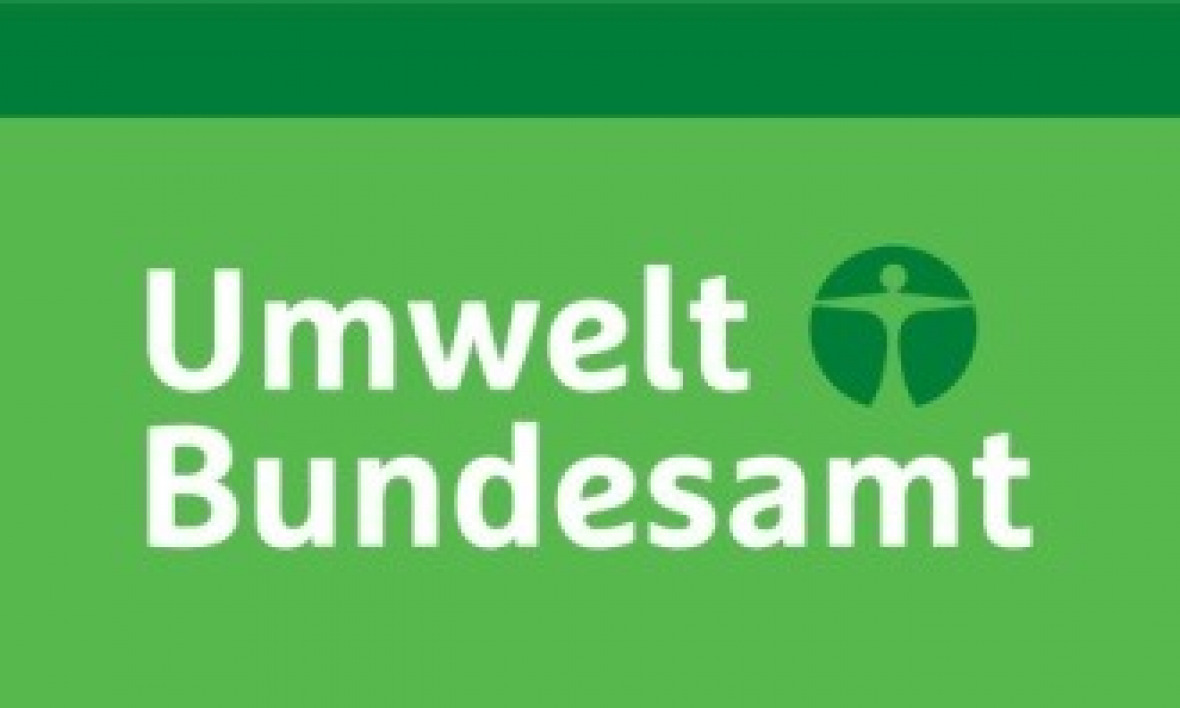Launch of IASS-UBA Policy Brief entitled "A comprehensive approach to the payment mechanism for deep seabed mining”
A recent IASS-UBA Policy Brief entitled "A comprehensive approach to the payment mechanism for deep seabed mining" was successfully launched during a webinar on 25 March 2021 with over 60 participants in attendance. The event centred on the core message of the policy brief, which was that greater emphasis needs to be placed on the environmental values and non-monetary benefits for humankind associated with the Area and its mineral resources, which are the common heritage of mankind, in developing the payment mechanism at the International Seabed Authority (ISA).
The event was co-hosted by IASS and UBA, with Sebastian Unger (IASS) and Hans-Peter Damian (UBA) both providing opening remarks, before handing over to Lilian Busse (Acting Vice President, UBA) to moderate the ensuing discussions. After a brief introduction by the moderator, the two co-authors of the policy brief got the discussions started. Pradeep Singh (IASS) provided an overview of the legal and regulatory framework of the payment mechanism and how this fits within the broader context of the deep-seabed mining regime for the international seabed. Torsten Thiele then presented the policy brief and its three key messages, namely, that the payment mechanism should reflect the risks of mining to the deep-sea environment, be inclusive of stakeholder interests, and deliver optimal returns to humankind.
This was followed by a series of quick first reactions on the policy brief from six invited discussants:
- Her Excellency Ambassador Gina Guillén-Grillo (Permanent Representative of Costa Rica to the ISA and Coordinator for the Group of Latin American and Caribbean Countries (GRULAC) at the ISA).
- Thembile Joyini (Principal State Law Advisor (International Law), Department of International Relations and Cooperation, South Africa, member of the South African delegation to the ISA, and member of the Legal and Technical Commission (LTC) of the ISA).
- Gulardi Nurbintoro (Legal Adviser, Directorate for Legal Affairs and Territorial Treaties, Indonesia and member of the Indonesian delegation to the ISA).
- Daniel Wilde (Economic Adviser, Oceans and Natural Resources Division, Commonwealth Secretariat).
- Isabel Feichtner (Professor of Public Law and International Economic Law, University of Würzburg).
- Matthew Gianni (Co-Founder, Political and Policy Advisor, Deep Sea Conservation Coalition).
Interestingly, all discussants shared the common view that the approach currently under consideration at the ISA falls short of the expectations that are set out in the UN Convention of the Law of the Sea, which governs the mandate and responsibilities of the ISA. In voicing their support for the comprehensive approach suggested in the policy brief, a number of the discussants underscored the common heritage of humankind nature of the mineral resources and the fact that the ISA must act for the benefit of humankind as a whole. In particular, the benefits received by humankind through the preservation of natural capital, i.e. where the critical functioning of and benefits provided by the deep sea remain unimpaired by mining, was given particular emphasis. Moreover, the rights of future generations, the specific needs and interests of developing countries, the potential economic impacts on terrestrial mining, and the possibility that humankind would incur significant natural capital losses in exchange for small profits in the hands of a few actors, were also raised as immediate concerns that must be accounted for in the payment mechanism.
Moving forward, the discussions that transpired during the webinar stressed the need for the ISA and its Member States to reconsider its current approach with the payment mechanism, and hopefully, adopt a more comprehensive approach as suggested by the policy brief. If the ISA fails to fully reflect the three key messages highlighted in the policy brief in the payment mechanism, it would undoubtedly not be fit for purpose, which, as pointed out by Torsten Thiele, must place humankind (instead of mining contractors) at the very centre of its core. As cautioned by Pradeep Singh, if humankind fails to get it right with the payment mechanism, it will not get it right with the entire ISA deep seabed mining regime.
The policy brief was co-authored by Torsten Thiele (IASS), Hans-Peter Damian (UBA) and Pradeep Singh (IASS) and is available for download here. An audio recording of the webinar is accessible here.
